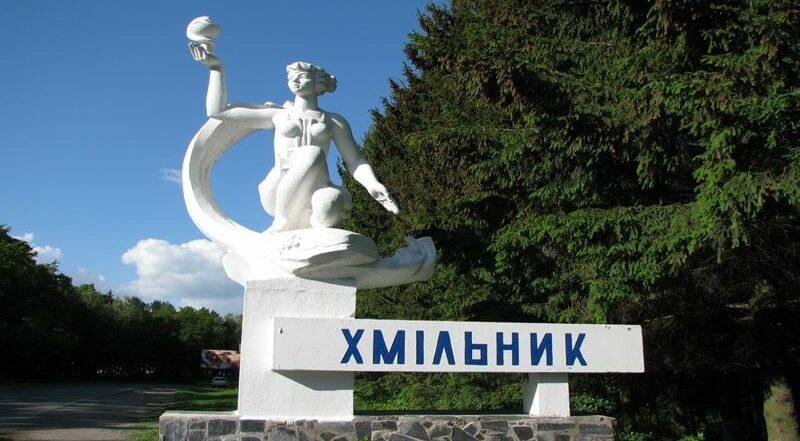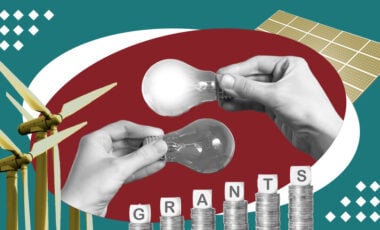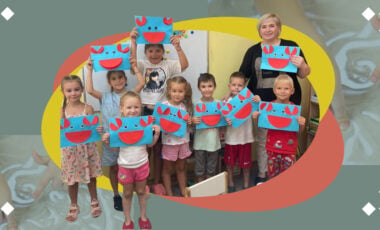UN's migration organization and partners working to create affordable housing in Ukraine

Since the beginning of the war in Ukraine, about 1.4 million residential buildings have been damaged, with nearly a third of them considered irreparable. Considering the 3.7 million internally displaced persons in Ukraine and the 4.6 million who have returned to their places of residence, providing affordable housing and restoring damaged housing is a priority task.
The International Organization for Migration (IOM), the European Investment Bank (EIB), and international experts are working to create a sustainable housing rental system, sharing the best European practices with local administrations in Ukraine.
This week in Vienna, over 70 representatives from academic circles and governmental, state, and international institutions of Europe gathered to discuss housing affordability issues with representatives of local authorities from across Ukraine.
"Access to decent housing has long been a priority for IOM. This will help support the reconstruction necessary for sustainable recovery," said Manfred Profazi, IOM Regional Director for Southeastern Europe, Eastern Europe, and Central Asia, at the Vienna event. Current IOM projects include housing construction in five regions of Ukraine by creating an affordable housing rental mechanism for displaced persons. About 2,000 apartments will be built for approximately 6,000 individuals within this initiative.
Estimates indicate direct losses to buildings and public infrastructure in Ukraine amount to $135 billion, and this figure continues to rise as the war persists.
"In the context of Ukraine's accession to the EU, Ukraine has a unique opportunity to leverage the rich experience of EU member states in the field of social and affordable housing," said Lionel Rapaix, EIB Director for EU Enlargement and Neighbouring Countries. "By using the European Investment Bank's experience as a leading international financial institution and the EU Bank, we can help Ukraine transform the affordable housing sector and effectively meet the population's needs."
One of the Ukrainian cities participating in the IOM project is Khmilnyk, a resort town in central Ukraine. At the outset of the full-scale invasion, Yulia, her husband, and her teenage son moved from Kharkiv, which is constantly under intense shelling. Initially, the family was sheltered by relatives, but after a few months, they wanted to have their own space.
"Of course, financially, it's difficult, but there are no collective centers where we could stay. Moreover, creating normal conditions for our son is our priority," says Yulia.
Shortly after the Russian invasion of Ukraine on February 24, 2022, Khmilnyk welcomed approximately 12,000 internally displaced persons, such as Yulia. Nearly two years later, the city is home to up to 6,000 displaced Ukrainians, increasing the city's population by almost 20%. A recent survey conducted by the local authorities showed that the main concerns of the settlers are housing and employment.
The homes of thousands of displaced persons have been damaged due to hostilities, making it difficult for them to return, even if their homes are located in government-controlled territory. "Responding to questions about their temporary housing, people reported the lack of amenities such as hot water, gas, sewage, or internet. Over 40% of surveyed settlers in Khmilnyk said they rent housing without contracts and/or feel that owners could evict them. Many live in houses unsuitable for winter," said Serhii Redchyk, Deputy Mayor of Khmilnyk.
"This innovative approach to affordable housing aims to create an environment where everyone feels safe and lives in decent conditions, and addressing the housing needs of displaced persons will contribute to the comprehensive development of our community," he added.
Among the topics of discussion and workshops during the event were financial mechanisms, legislative framework, compliance requirements, best practices from other countries, and implementation plans.
Starting from February 24, 2022, over 4.4 million people have received support from IOM through housing projects in Ukraine. IOM has provided vital shelter and temporary housing, repaired and reconstructed damaged houses, and supported critical infrastructure objects.


















































